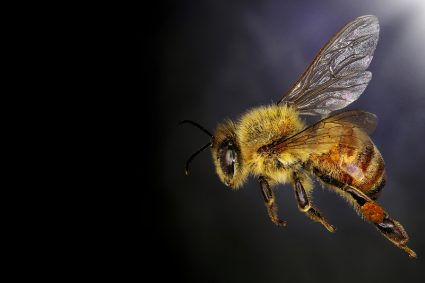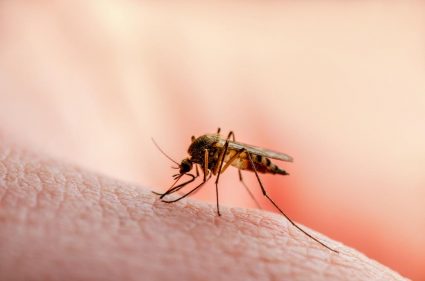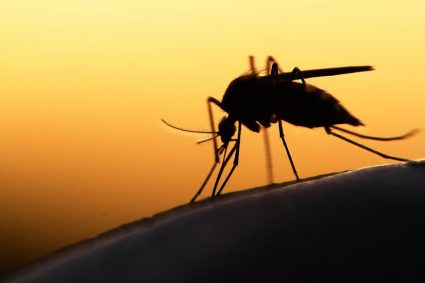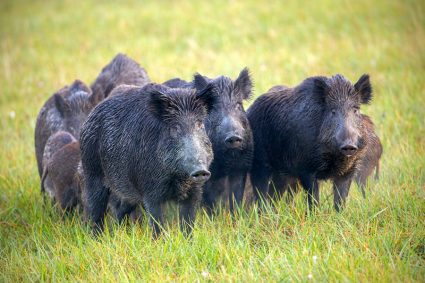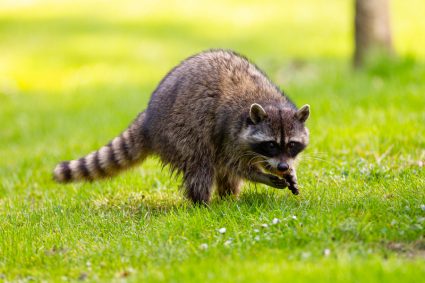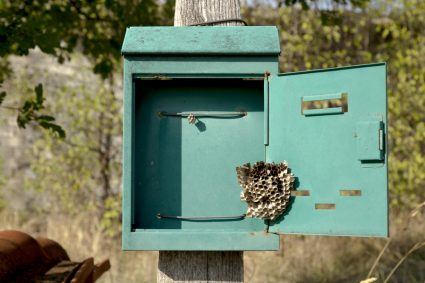
Pigeons, while often admired for their resilience and adaptability, can become a nuisance when they decide to make your barn their home. Their droppings can be harmful, causing damage to equipment, potentially spreading diseases, and creating an unsightly and unhygienic environment. This comprehensive guide will provide you with effective, humane, and eco-friendly methods to keep pigeons out of your barn.
To keep pigeons out of your barn, you can use several methods. First, set up decoy predators like hawks or owls to scare them away. Second, seal all entrances to prevent pigeons from entering. Third, use bird repellents and install bird spikes to deter pigeons from landing. Fourth, use sound deterrents to make the area less appealing to them. You can also hang plastic or foil strips at entrances to scare them away. Finally, maintain good sanitation by keeping the barn clean and storing food sources securely.
Why Pigeons Are a Problem
Before we delve into the solutions, it’s essential to understand why pigeons can be a problem. Pigeons are known to carry various diseases, such as psittacosis and salmonellosis, which can be transmitted to humans and other animals. Their droppings are acidic and can corrode metal and other materials, leading to structural damage. Moreover, pigeon droppings can make surfaces slippery, posing a safety hazard, and can also attract other pests like rats and insects.
Effective Methods to Deter Pigeons
There are several methods to effectively prevent pigeons from entering a barn. Some of the most effective methods include:
1. Setting up Decoy Predators
Placing decoys of predators that pigeons fear, such as hawks or owls, can help scare them away from the barn. This method is not only effective but also eco-friendly and humane.
2. Sealing Entrances
Close off any openings that pigeons can use to enter the barn, and use nets to cover the top portions of the barn. Bird netting is a popular choice and is available in various sizes and materials to suit different needs. Here’s a guide on how to install bird netting.
3. Using Bird Repellent
Spray a bird repellent before birds begin nesting to deter them from entering the barn. Various bird repellents are available in the market, such as Methyl Anthranilate and Bird-X. Always make sure to follow the manufacturer’s instructions when using bird repellents.
4. Installing Bird Spikes
Bird spikes can be installed on ledges and other surfaces where pigeons might roost. These spikes deter pigeons from landing but do not harm them.
5. Using Sound Deterrents
Employ devices that emit sounds that scare or annoy pigeons, making the area less appealing to them. Devices like the DNR Tech Electronic Bird Repeller emit high-frequency sounds that are irritating to pigeons.
6. Hanging Plastic Strips or Foil Strips
Hang plastic or foil strips in doorways, window openings, and other entrances to deter pigeons from entering. The movement and reflection of light from these strips can scare away pigeons.
7. Practicing Good Sanitation
Keep the barn clean and store food sources securely to make the area less attractive to pigeons. Regular cleaning can also prevent the build-up of pigeon droppings.
Maintenance of Pigeon Deterrent Methods
The maintenance required for these pigeon deterrent methods varies. Bird spikes and ultrasonic bird repellers are relatively low-maintenance deterrent methods, while bird netting requires more regular maintenance. Visual bird deterrents may need occasional repositioning or replacement.
Professional Help for Pigeon Control
If the infestation is severe or if you’re unable to handle it yourself, consider hiring professional help. Companies like ALCO Animal & Pest Control, Milwaukee Bird Control, and Orkin offer various bird control and removal services.
In conclusion, keeping pigeons out of your barn requires a combination of effective deterrent methods, regular maintenance, and good sanitation practices. While pigeons can be a nuisance, remember that they are also part of our ecosystem and deserve to be treated humanely. Always opt for deterrent methods that do not harm pigeons or any other wildlife.
Frequently Asked Questions
What diseases can pigeons transmit to humans?
Pigeons can carry and transmit a variety of diseases to humans. Some of the most common include salmonellosis, which is a type of food poisoning, and psittacosis, also known as parrot fever, which can cause pneumonia-like symptoms.
Can I use any type of netting to seal the entrances of my barn?
It’s recommended to use bird netting, which is specifically designed to prevent birds from passing through. This type of netting is available in different sizes and materials, and is typically more durable than other types of nets.
How often should I clean the barn to deter pigeons?
Regular cleaning is key to deterring pigeons. Ideally, you should clean your barn at least once a week. This includes removing any food sources and cleaning up bird droppings.
Are bird spikes harmful to pigeons?
No, bird spikes are not harmful to pigeons. They are designed to deter pigeons from landing and roosting, but they do not cause harm to the birds.
Are there any laws against using certain pigeon deterrent methods?
Laws regarding pigeon control can vary by location, so it’s important to check with your local or state authorities before implementing any deterrent methods. In general, it’s recommended to use humane and non-lethal methods for controlling pigeons.


